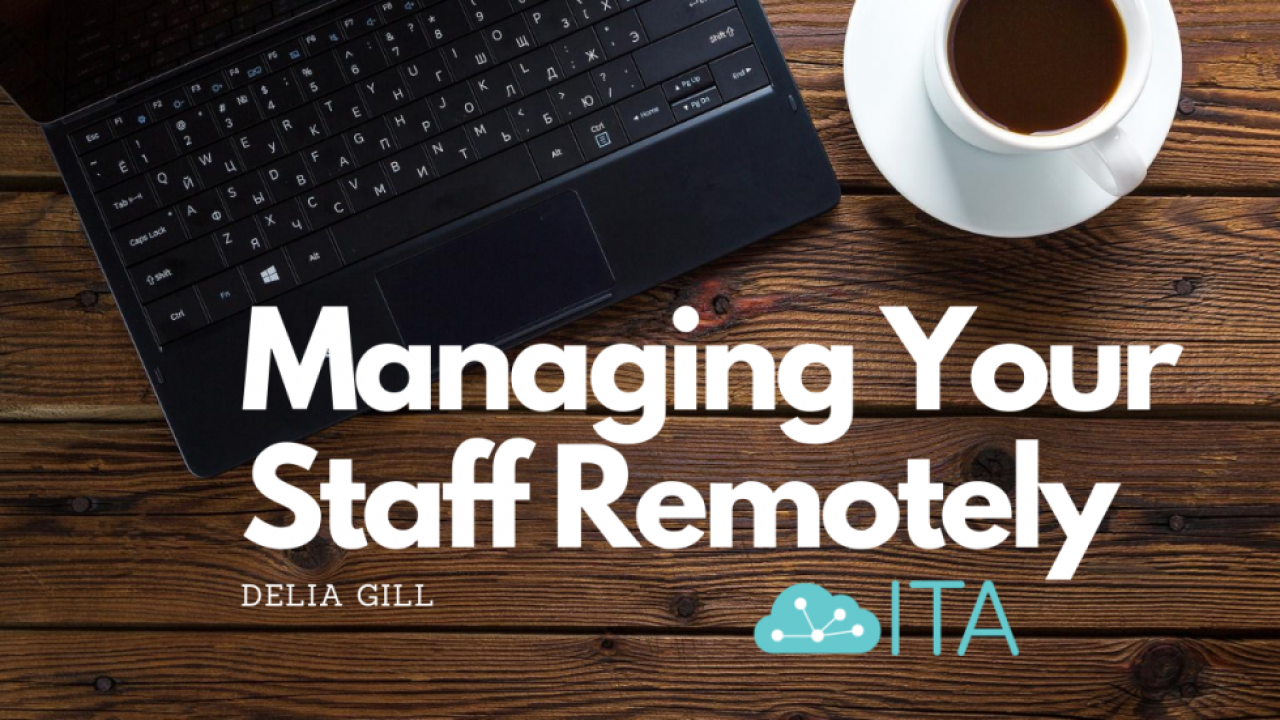How to Make the Most Out of Working From Home!
Written by: Delia Gill
Due to recent world events, most people have now had the opportunity to try out working remotely in one way or another, especially those who work from Wellington and Kapiti. It’s also been an opportunity to test out our IT systems when working from home and to see if they’re up to the task of simulating being in an in-person environment.
Pros and Cons of Working from Home
There are of course some professions who are unable to work from home, such as nursing and hospitality. Retail is another where it can be more difficult as you don’t have the luxury of seeing things and trying them on before you buy. Office environments are generally the ones who get on with things from home - but do they do this well?
If you’ve had a team working from home, how do you think this compared to working in an office? Would you give productivity during this time a 5 star rating or a 2?
Some love it so much they’ve committed to full-time remote working teams - but with this extreme there needs to be a strong consideration about the long-term effect on productivity and mental health. The question needs to be asked - do your staff actually enjoy working from home? Usually there are some who love it and others who don’t. Two of the main benefits usually cited are the lack of commute and increased flexibility.
There may be people on your team who don’t enjoy working from home, perhaps they don’t have a dedicated office or workspace, and working from home wasn’t what they signed up for when joining your company. If they feel that they need to work from an office environment to be happy and productive, then a balance needs to be found.
How to Avoid Pitfalls of Working Remotely
1. Depending on your family and available workspace situation, you may need to coordinate with a partner for access to an office or workspace area for video meetings - so be aware of this and plan in advance!
2. It’s easy to go overboard on too many long team conference calls. The best way to run these are quickly and with a structured agenda, get in and get out!
3. There’s sometimes a lack of trust that employees won’t work as hard from home, so there can be a tendency to book people into more meetings to make sure they’re doing something… however this takes them away from doing real work and can lower morale. You’ll usually get a happier and more productive team member by showing your faith in them.
4. Video calls are more tiring than in-person meetings, if you book in multiple video calls in one day it can be simply exhausting. Ask your staff what meetings they have booked in and why, try to keep them to 30 minutes otherwise they can end up tired and less productive. Your staff shouldn’t be spending any more than 4-5 hours a day in meetings.
Tips to Make Remote Work… Work!
1. Try not to socialise on regular video calls as it can take up so much time and get off topic of the agenda, instead try booking in a weekly social call at 4pm on a Friday - the team can have a beer together (if they choose) and catch up on social matters.
2. Always keep your video ON during video calls, then people can see that you’re engaged with them and haven’t wandered off to make a cup of tea.
3. Make sure your environment is set up well so that you have privacy to do your work and that on video calls your partner or kids aren’t wandering around in the background.
4. Record all your meetings so that attendees or those who couldn’t make it can review later. We use Microsoft Teams and have channels set up for meetings so we can keep all of the recordings, notes and tasks in one easy-to-find location.
5. Make sure you have a good IT support team for when you need help with your IT setup and services, better to prepare and set things up properly in advance rather than wait until things go wrong!
Use Your Calendar
When working remotely it’s more important than usual to use your calendar effectively, including blocking out time to get productive work done - which cannot be overridden by meetings.
In Microsoft Outlook you can even schedule emails straight into your calendar, it’s easy to block out time to do tasks using this method and the email is right there as a handy reference - you can ask your helpful IT person If you need some tips and tricks.
Conclusion
Some love working from home and others need to be around people in an office environment, so as with most things there is a balance to be struck which ensures a happy and productive team.
If something isn’t working with the team, always look at yourself first - the fish rots from the head down! If something is going wrong then ask yourself why and what you could do to improve things first before you consider what others can do. Own your mistakes.
Think about the long-term effect of working remotely and the effect it will have on morale, it can be exhausting if someone is in video meetings all day. Reducing your overhead costs are a great benefit to not having an office, but always put your staff’s wellbeing, morale and productivity first.
If you’re not sure where to start, then get in touch with someone from the IT Alliance who will be happy to help you!
Want to hear more about how else you can proactively manage your IT? Check out our blogs on:




